This issue covers:
- At the heart of cardiac surgery robot testing
- US doctors’ ‘frustration’ at approval scheme
- Go with the (Multi) Flo
- India’s medtech regs make progress but more needs to be done...
- Check out electrosurgery testing
- Central Management Committee expansion?
At the heart of cardiac surgery robot testing
A ground breaking project in Poland to create a new generation of advanced cardiac surgery robots is utilising Rigel Medical portable analysers to improve electrical safety testing during product development.
Robin Heart, instigated by the Professor's Zbigniew Religa Foundation of Cardiac Surgery Development, is Europe's first medical robot for cardiac surgery with semi-automatic movements, an advanced human-machine interface and a 3D virtual training system.
Ensuring that all the vital electrical components of the robot system function properly and safely during the various stages of product development is a critical part of this research project that could radically alter the future shape of medical surgery.
Testing has to be undertaken in accordance with IEC 60601-1 Medical electrical equipment - Part 1: General requirements for basic safety and essential performance. The components also have to be regularly inspected and tested to make sure they comply with IEC 62353, the standard for in-service and after repair testing of medical electronic devices.
The 288 analyser has been supplied by Rigel Medical’s distributor in Poland, SAMSO, and features multi-lingual menu driven instructions, with a download facility, for simple operation and test control of all electrical safety tests in manual, semi automatic or fully automatic test modes.
Kamil Rohr, engineer at the Foundation of Cardiac Surgery Development, has been impressed by the reliability and accuracy of the tester. “It provides a higher degree of measurement accuracy than other testers, while the advanced software is impressive, allowing us in particular to plot trends in measurement values,” he said.
The 288 offers an accurate solution for testing devices for electrical safety to appropriate standards including IEC/EN 62353, IEC/EN60601-1, VDE 0751-1, AS/NZS 3551, AAMI, NFPA-99, MDA DB 9801-2006.
More at www.rigelmedical.com/288 or email info@rigelmedical.com.
US doctors’ ‘frustration’ at approval scheme
The scrutiny procedure on medical devices in the US is so strict that American doctors believe the system works against the interests of patients, leaving some waiting years for treatment that could save their lives.
American doctors are frustrated that the US approval requirements for cardiovascular devices, for example, are much more stringent than in Europe, due in part to the centralised approval system.
“There is a frustration among…US care providers around delayed access to certain interventions that appear to be a winner,” Dr Patrick O’Cara, a cardiologist with Brigham and Women’s Hospital in Boston, told the Reuters news agency.
And now European doctors are starting to worry that a similar system envisaged for the EU could have the same impact. EU institutions are currently looking at ways to tighten safety of medical devices after faulty breast implants placed the issue at the top of the political agenda in late 2011. The European Commission tabled a proposal which is now being examined by the European Parliament.
Some lawmakers in Parliament have said the EU system is too lax, calling for a model which resembles the US centralised approval model rather than the current decentralised one, where each country sets its own legal and safety requirements.
Read the report in full at www.euractiv.com/.
Go with the (Multi) Flo
High and low flow verification, bolus volume, occlusion and back pressure measurement are some of the benefits provided by Rigel Medical’s advanced Multi-Flo infusion pump analyser, which meets all the stipulations of IEC 60601-2-24, covering particular requirements for the safety and performance of infusion pumps and control.
The Multi-Flo incorporates unique measurement technology allowing testing of the latest developments in infusion pump testing and features variants of one, two and four independent channels. Each channel can be tested simultaneously across a range of 100 μL (microlitre) to 1,500 mL per hour with results stored in the instrument’s large internal memory. With a sampling rate of 1Hz, the Multi-Flo can accurately detail any changes in flow, volume and pressure rates, providing a real-time picture of the quality of infusion.
Asset information can be quickly and accurately input directly via a compact Bluetooth barcode scanner or an optional keyboard while the compact all-in-one housing with integrated infusion programme memory makes a fully stand-alone analyser.
The Multi-Flo can also be used with Rigel Medical’s Med-eBase PC software to provide enhanced and easy control and configuration as well as electronic recording and management of medical device safety testing programmes.
More at www.rigelmedical.com/multi-flo.
India’s medtech regs make progress but more needs to be done...
Speaking ahead of MEDTEC India, Ajay Pitre, Managing Director of medical products company Sushrut-Adler Group, has contributed a guest blog to medtechinsider magazine on India’s medical device regulations, or the lack thereof.
In his blog, he writes…as is generally well known, regulators and industry were overtaken by a rather abrupt series of events, when the need to regulate with immediate effect was forced on the government and it unfortunately chose to notify selected medical devices as drugs for the sake of expediency.
This was a fundamental mistake, and regulators needed to take stop-gap measures to correct the flaws, while pursuing the root objective of separately defining medical devices and developing suitable regulations for the medical device industry. Now that nearly six years have passed since the regulation was announced, it is appropriate to take stock of what has been achieved and what more needs to be done.
And he goes on to say…needless to say, regulations should foster initiatives to meet and continually improve quality objectives while retaining clarity, rather than mandating processes. Regulation also should be supportive of innovation.
Read in full at www.india.medtechinsider.com/.
Central Management Committee expansion?
Electrosurgery generator units are a crucial piece of equipment in operative settings and are among the most common instruments used by surgeons today. However, like other electrically operated medical devices they need to be tested regularly to ensure that they operate correctly and are safe for use.
John Backes, associate director – Rigel Medical, explains more about what’s involved in his thought leader in EMDT magazine at www.emdt.co.uk/.
Central Management Committee expansion?
CMC Medical device competent authorities around Europe have been considering developing the status of the existing Central Management Committee into an expanded body that would be ready to take on the type of co-ordination and management responsibilities that have been laid out for the future Medical Device Co-ordination Group (MDCG).
More insight and analysis into medical device market developments at www.clinica.co.uk/.
Do you use Rigel Medical equipment? - If you think you may have a story for future e-news bulletins, please let us know by contacting us here.




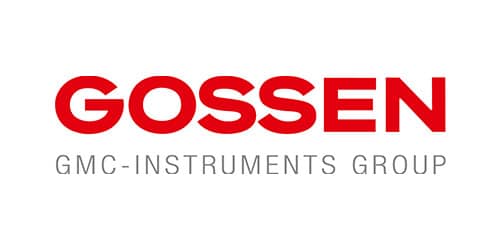

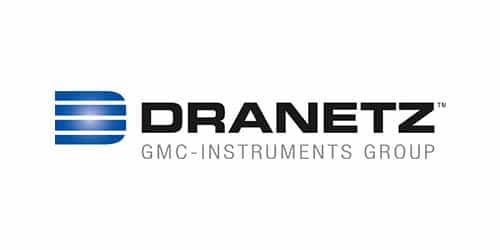


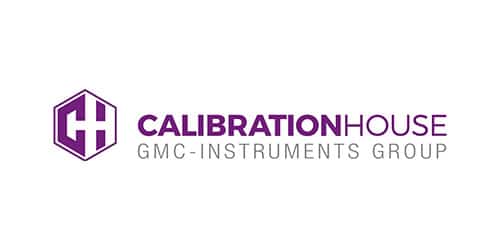
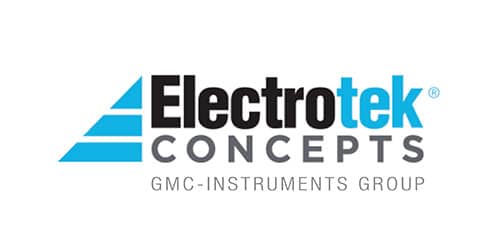
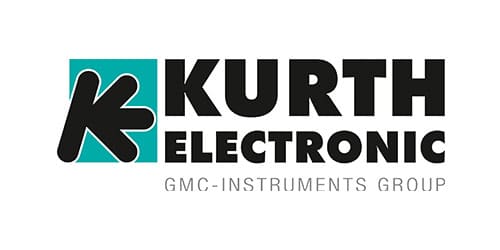
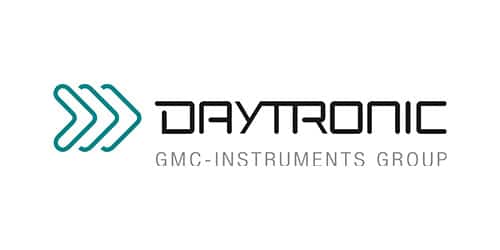
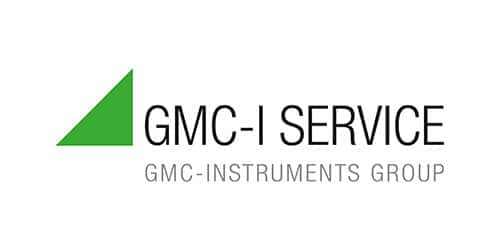
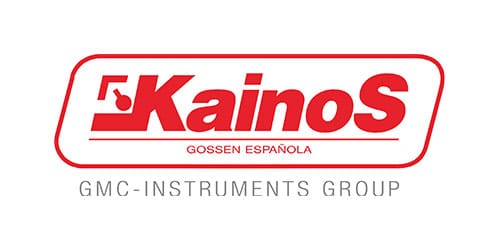
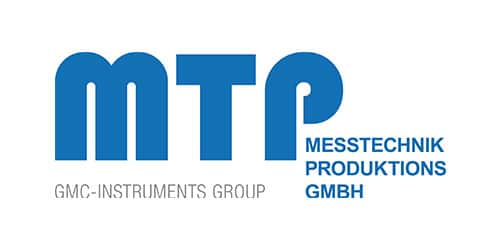
Sign up to our Newsletter.
Stay up to date with the latest industry and product news, as well as our free educational content such as webinars and our expert guides.
Close